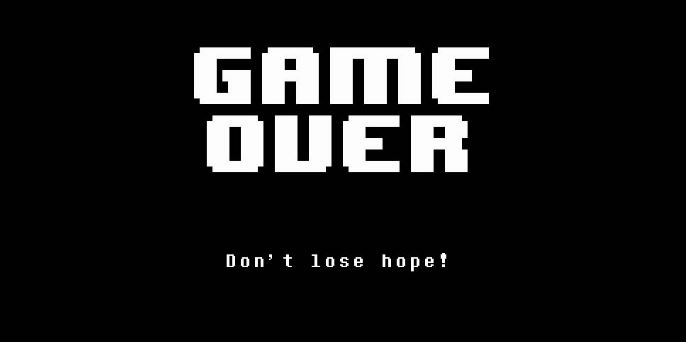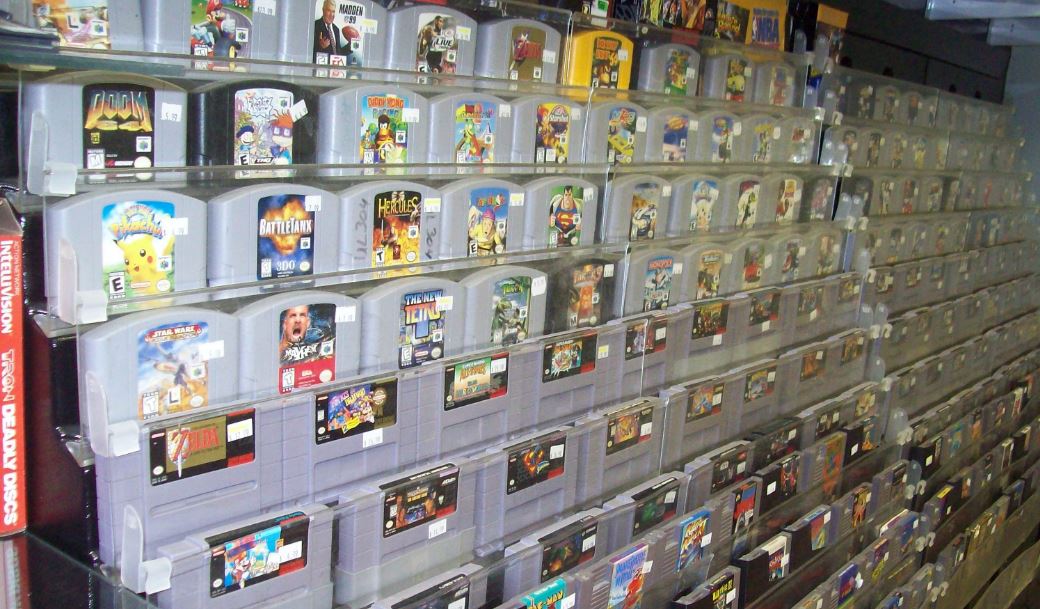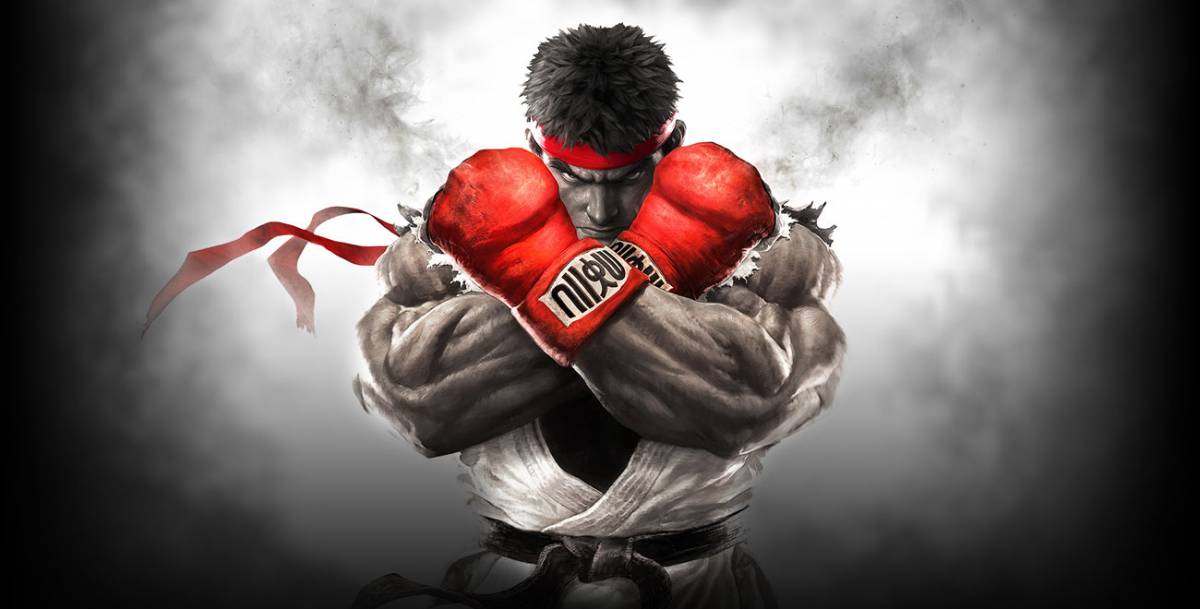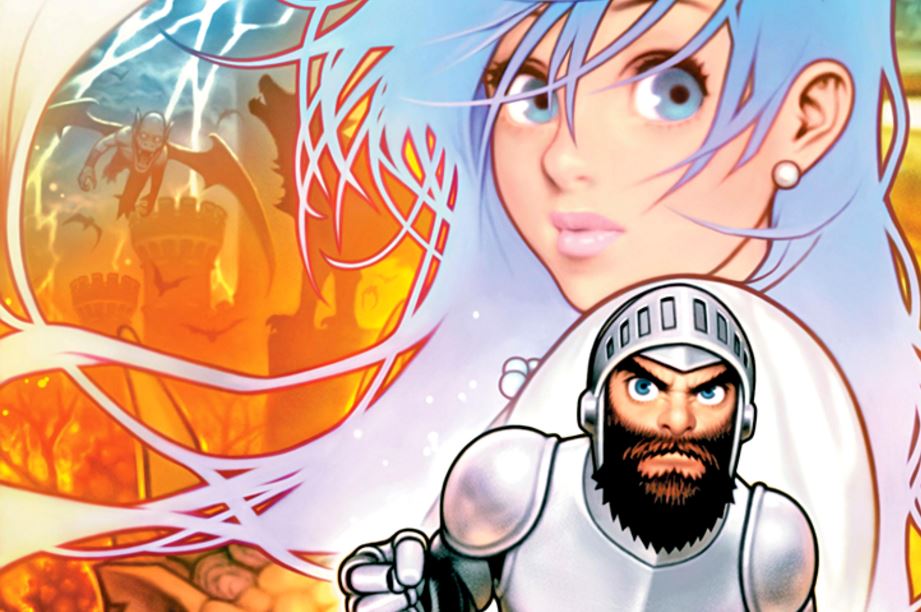Sure, we like to think that as a species, we continue to evolve. Technology is continually improving how we ingest everything from TV shows to Flamin’ Hot Cheetos. When it comes to video games, surely we’ve evolved past the knuckle draggers behind the systems of old and into the glorious world of HD at 60 frames per second where endless tutorials and useless achievements await.
But what if I told you that games and those who play them haven’t changed all that much since the days of Pong?
High Scores versus Leaderboards

Prior to the advent of leaderboards, players could only share their high score accolades either with those that were in the room with them, or record their attempts with an instant camera or camcorder for bragging rights later. Due to the possibility of photos or video being doctored in production, live competitions at sanctioned events like Funspot became the de facto method for setting world records.
Renowned video game player Billy Mitchell became embroiled in controversy when newcomer Steve Wiebe attempted to surpass Mitchell’s high score in Donkey Kong. Throughout the entire event, Mitchell refused to play the game in public, but was quick to send in a video of him surpassing a new high score set by Wiebe, which was officially accepted.
The funny thing is that Wiebe’s previous attempt to send in a video response was summarily rejected. None of us can get into the heads of those involved, but it’s suffice to say that it’s difficult to officially determine who’s the “best player”, especially when the world record is continually broken by other players at a breakneck pace.
This isn’t too different from the leaderboards of today, where former leaders are continually bumped by those who may have surpassed the previous record through unscrupulous methods. In fact, there are whole Reddit threads that specifically discuss how to hack online game leaderboards.
So if CockLord420 has surpassed the previous leader by 10 million points when such a score isn’t typically possible, I’d say it’s time to raise some eyebrows and question whether or not it’s even worth it. At least we can all rest assured that there will be somebody, somewhere, who has to be “that guy”, whether it’s now or over 30 years ago.
Bonus Points vs Achievements/Trophies
When playing games like Ghosts ‘n Goblins, you originally didn’t get a shiny virtual trophy for killing your first Red Arremer; you got points, and only if you were willing to risk life and limb to get them. This is a series where dragging Arthur through impossible odds to score that secret money bag spell the difference between high score greatness and noob city.
For those who harbor dreams of arcade greatness, nothing beat the feeling of surpassing the competition (sometimes ever so slightly) by making something they missed their own. Here is where the Internet has swooped in again and made an old ideal new again through a little something called “achievements” or “trophies”, depending on your platform of choice.
Even though your only bragging rights were what high score you logged onto the board, at least you know that that one measly pickup made all the difference in the world. Much like the much coveted Go Outside achievement in The Stanley Parable, how many virtual trophies you can show off to your buddies are what separate you from the lowly plebs.
Game Over versus Save States

One of the most difficult games in history has to be Ghosts ‘n Goblins. Not only did you have to beat the game twice in order to get the true ending, but its inherent and relentless difficulty made the initial trek to Stage 6 close to impossible for casual gamers.
Your only recourse after getting yet another Game Over is to hit Continue and start at the beginning of the last stage you were on, or accidently hit Start and go all the way back to Stage 1 due to Capcom’s insistence at placing the cursor over Start instead of Continue on the main menu.
The release of the NES Mini has introduced a feature already seen in emulators that may change how players feel about highly challenging games: save states. But when you have multiple and relentless enemies staring you in the face, and outright brutality programmed right into the game’s code, one has to wonder what’s worth sacrificing: your mental health, your thumbs, or your wallet?
Save states may be all well and good when it’s time to take a dinner break, but what good are they if you find yourself saving your progress directly over the much hated Flame weapon on Stage 3 about to stare down a dragon? Looks like a Game Over may be your only answer after all.
Physical Copies vs Digital Downloads

Anyone who’s owned a Nintendo Entertainment System remembers endlessly blowing into their cartridges or utilizing expensive (and ultimately useless) cleaning tools in a vain attempt to get their games to work. And afterwards, their efforts were typically met with the maddening blinking red light or a glitch-filled nightmare. Wait a minute, what were we doing again?
After the transition from cartridges to CD-ROMs, our problems were all but solved and replaced by new ones such as a single scratch that could render your $60 investment totally useless or dirty CD readers coughing up a wide variety of error messages. In other words, the more modern equivalent of the blinking red light and about as many variables that keeps you from everything that makes you happy.
And now, a large amount of video games are digitally distributed through services like Virtual Console, GOG and Steam. Not only does this help distributors greatly reduce their production costs, but it gets us playing the game almost instantly…right?
If your internet connection is shoddy, your download could take longer or stop completely. If that’s not bad enough, the file could become corrupted and surely prompt an angry email or three before the problem is hopefully resolved.
The light may not be red anymore, but its devastating effects seem to have carried on through the generations.
Unlock secrets vs Buy the DLC

Remember the excitement of unlocking Richter mode in Symphony of the Night? For the price of one game, you could run through Castlevania once again, but this time as a new character complete with his own moveset and challenges. Adding features such as these kept players returning to Symphony of the Night long after the initial adventure was over and helped propel it into the annals of video game history.
Other titles that have added unlockable content include the Mortal Kombat series, Legend of Zelda, Clock Tower and many others. Everything from sound tests to extra characters are possible in these games, and make it totally worth the player’s while to do whatever ridiculous action it takes to unlock them.
Sure, in the here and now, many games have resorted to placing this extra content behind paywalls that customers can unlock with their wallets, Capcom recently got into hot water with gamers with Street Fighter V through its controversial decision to include paid DLC on the disc…again. Yes, Capcom has been doing this since 2012, when Street Fighter x Tekken raised heckles using the same model.
The only difference between Street Fighter x Tekken and Street Fighter 5 is that characters can be unlocked through in-game achievements in the latter, while the former’s content was unlocked at a later date. This may suggest that Capcom had learned their lesson and remembered that people still like to unlock content through their own achievements.
Or it can suggest that perhaps, video games are still largely the same, only with the internet making things complicated, as usual.
Some of the coverage you find on Cultured Vultures contains affiliate links, which provide us with small commissions based on purchases made from visiting our site. We cover gaming news, movie reviews, wrestling and much more.



